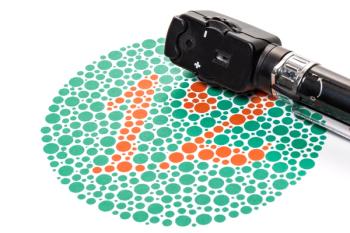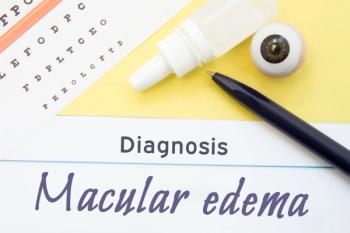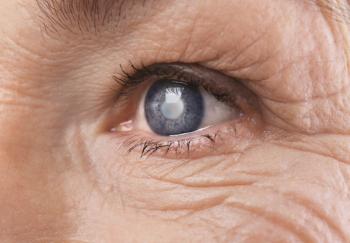
New Study Shows Extended-Dose EYLEA HD is Effective for wAMD and DME
Clinical trials have shown that EYLEA HD, an 8 mg injection given less often, is effective and safe for managing neovascular wet age-related macular degeneration (wAMD) and diabetic macular edema (DME), potentially reducing treatment burden compared to the standard dose, EYLEA, a 2 mg injection.
THE LANCET recently published one-year results from Regeneron Pharmaceuticals'
Conducted globally across multiple health centers, these trials used a method where neither the patients nor the researchers knew who was getting which treatment to evaluate patient outcomes.
The trials compared EYLEA HD's extended dosing regimens against the standard EYLEA injection for treating wAMD and DME. According to
In the PULSAR trial focusing on wAMD, patients were randomized into three treatment groups: EYLEA HD every 12 weeks, EYLEA HD every 16 weeks, or EYLEA every 8 weeks.
The findings showed that both dosing schedules of EYLEA HD were similar to the regular treatment in improving best-corrected visual acuity (BCVA).
Additionally, the rate of negative eye-related effects was consistent across all treatments, indicating a similar level of safety.
In the PHOTON trial, which concentrated on DME, patients were assigned to receive EYLEA HD every 12 weeks, EYLEA HD every 16 weeks, or EYLEA every 8 weeks.
EYLEA HD demonstrated similar improvements in vision compared to the regular treatment, and the occurrence of eye-related side effects was similar across all treatment groups.
These findings suggest that EYLEA HD with extended dosing intervals could offer an effective and safe treatment option for patients with wAMD and DME.
EYLEA HD has already received approval in various countries, including the U.S., Europe, and Japan.
Patients in both trials received three initial monthly doses of EYLEA HD, followed by the option to shorten dosing intervals to every 8 weeks based on disease progression criteria.
David M. Brown, M.D., FACS, director of research at Retina Consultants of Texas and a trial investigator, stated in a
Newsletter
Get the latest industry news, event updates, and more from Managed healthcare Executive.























